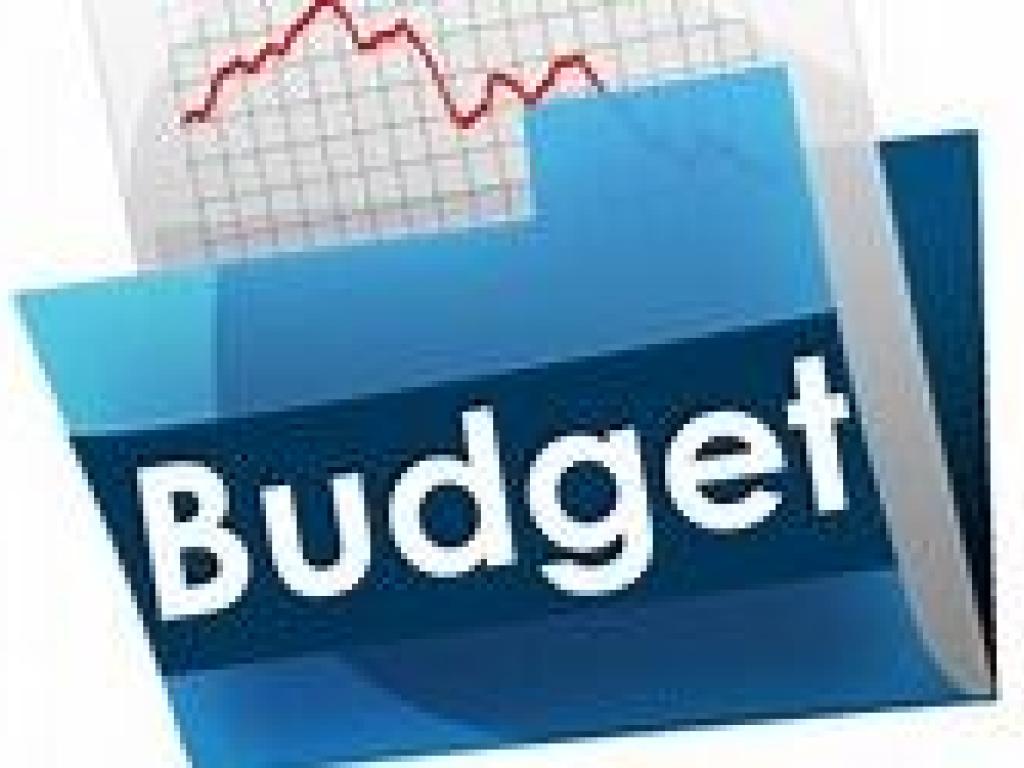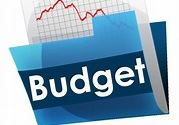REEP’s response to the 2020 Budget

On 26 February 2020 the Minister of Finance delivered the Budget speech. While the cuts in the government wage bill and the fragility of South Africa’s fiscal situation captured the headlines, a rather pleasing statistic was that estimated excise tax revenue had increased by nearly 20% in the 2019/20 financial year. This represents an increase of about 11% in the number of tax-declared cigarettes. Since smoking prevalence and total cigarette consumption do not change much from year to year, the large increase in legal cigarettes implies that the illicit market has decreased. Corné, Kirsten and Nicole, who have recently written a number of papers on the growth, size and characteristics of the illicit market in South Africa, published an op-ed piece in the Daily Maverick, in which they highlighted this positive development: "Trade in illicit cigarettes on the way to being stubbed out", 5 March 2020.

A disappointing aspect of the 2020/2021 Budget was that the Minister proposed to increase the nominal excise tax on tobacco products by only 4.4%, the lowest increase in more than 30 years. The tobacco industry had lobbied strongly for a tax freeze, so the fact the tax was increased at all is a minor victory. REEP had strongly opposed the tobacco industry’s request for a tax freeze and our submission that argued against this request was taken seriously by the Parliamentary Select Committee on Finance (see report here: https://pmg.org.za/tabled-committee-report/4036/).
As part of a delegation organised by the National Council Against Smoking, Kirsten attended a post-budget discussion with members of the Joint and Standing Committees on Finance. The meeting provided an opportunity for the public to comment on the budget. In their presentation, Savera Kalideen and Kirsten highlighted the cost of smoking to society and the need for large tobacco tax increases and the regulation and taxation of e-cigarettes. Kirsten presented REEP’s recent estimates of illicit trade in SA and highlighted the evidence that SARS is making headway in combating illicit trade. The committee was receptive of our input. In a response to these submissions a few days later, representatives from National Treasury indicated that there may be scope to review the 40% excise tax burden target that currently guides the setting of the tax level.
